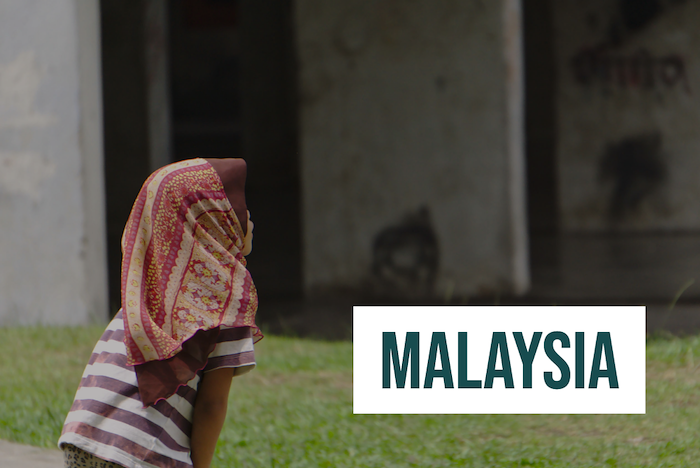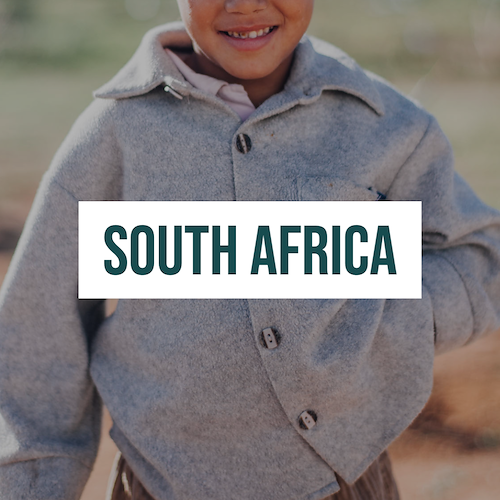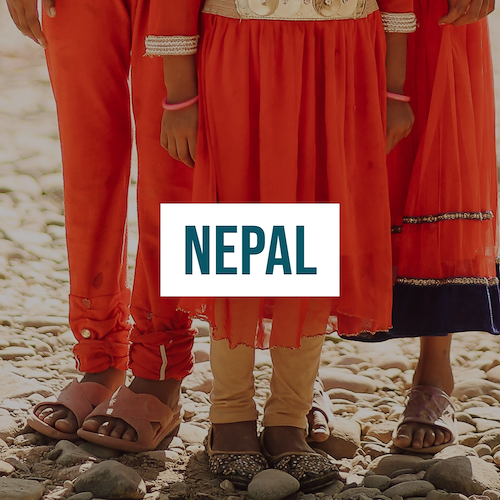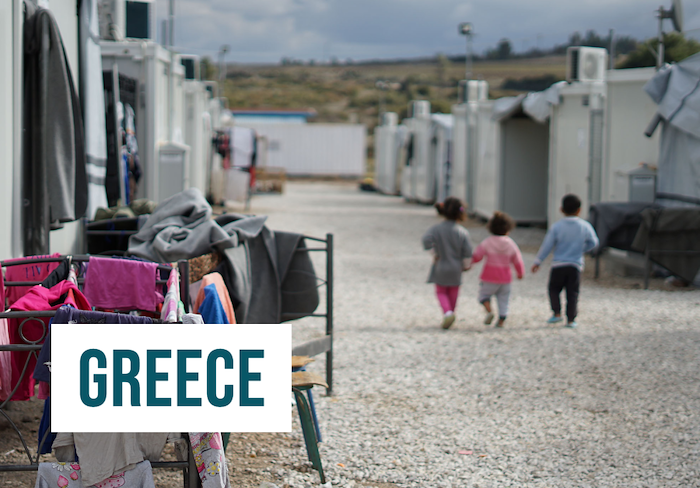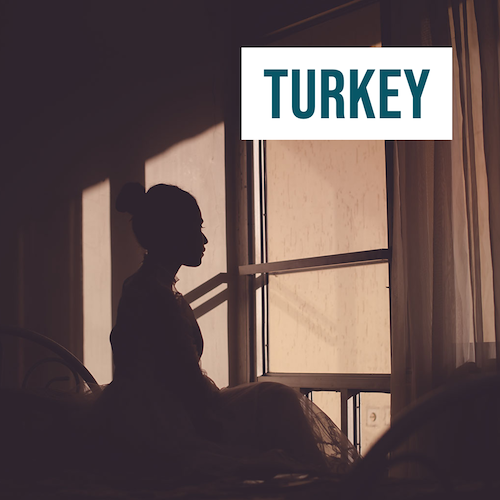Generating Knowledge and Evidence
By ECPAT International
In Annual Report & Research
Octover 27th, 2020
ECPAT is working towards the protection of every child from sexual exploitation—regardless of gender and sexual orientation. As little is known about how boys are affected, something needs to change. To fill this crucial gap in understanding, we launched a Global Boys Initiative to explore the issue. It is a research project striving to generate new evidence to make informed recommendations for improving prevention and response strategies in programming, policy and legislative frameworks for governments.

This year, the initiative was kicked-off by investigating young people’s experiences of sexual exploitation in Pattaya, Bangkok and Chiang Mai in Thailand. We also talked to welfare workers to get a better understanding of the challenges that boys have faced, and are still facing.
LEARN MORE ABOUT THE GLOBAL BOYS INITIATIVE
Children are being sexually exploited across the world, but how are their home countries working to protect them? How are technology, dating apps and chat platforms being misused to put refugee boys at risk of exploitation in Greece? What is Malaysia doing to stop online child sexual exploitation? Why is child marriage still prevalent in Turkey?
ECPAT’s Country Overview Reports answer these questions by deeply looking at all the publicly available data. The reports present the cultural context, provide a detailed analysis of the legal framework for sexual exploitation, and give recommendations for how children can be better protected. This year, we looked into the situation for children in Panama, Malaysia, South Africa, Greece, Nepal and Turkey.
Talking about experiences of child sexual exploitation have the potential to be distressing or even traumatic for survivors. At the same time, children’s perspectives must be part of any preventions or responses to an issue that impacts millions of children worldwide. The first question that must be asked is ‘should children be involved directly in research?’. As in many cases, data may already exist or be gathered in indirect ways. When the answer to that question is yes, ECPAT’s newly developed best-practice framework for ethical research design will guide researchers and reduce the potential for harm.
Children have the right to be involved and shape research that could have positive impacts on them and their peers. They have a right to participate and we have a responsibility to include their perspectives.
– Mark Kavenagh, Head of Research
Harmful gender norms influence child sexual exploitation for children of all genders. The Middle East and North Africa Regional Overview addressed this specifically and highlighted how cultural norms place a value on girls’ virginity and shame victims of sexual abuse.
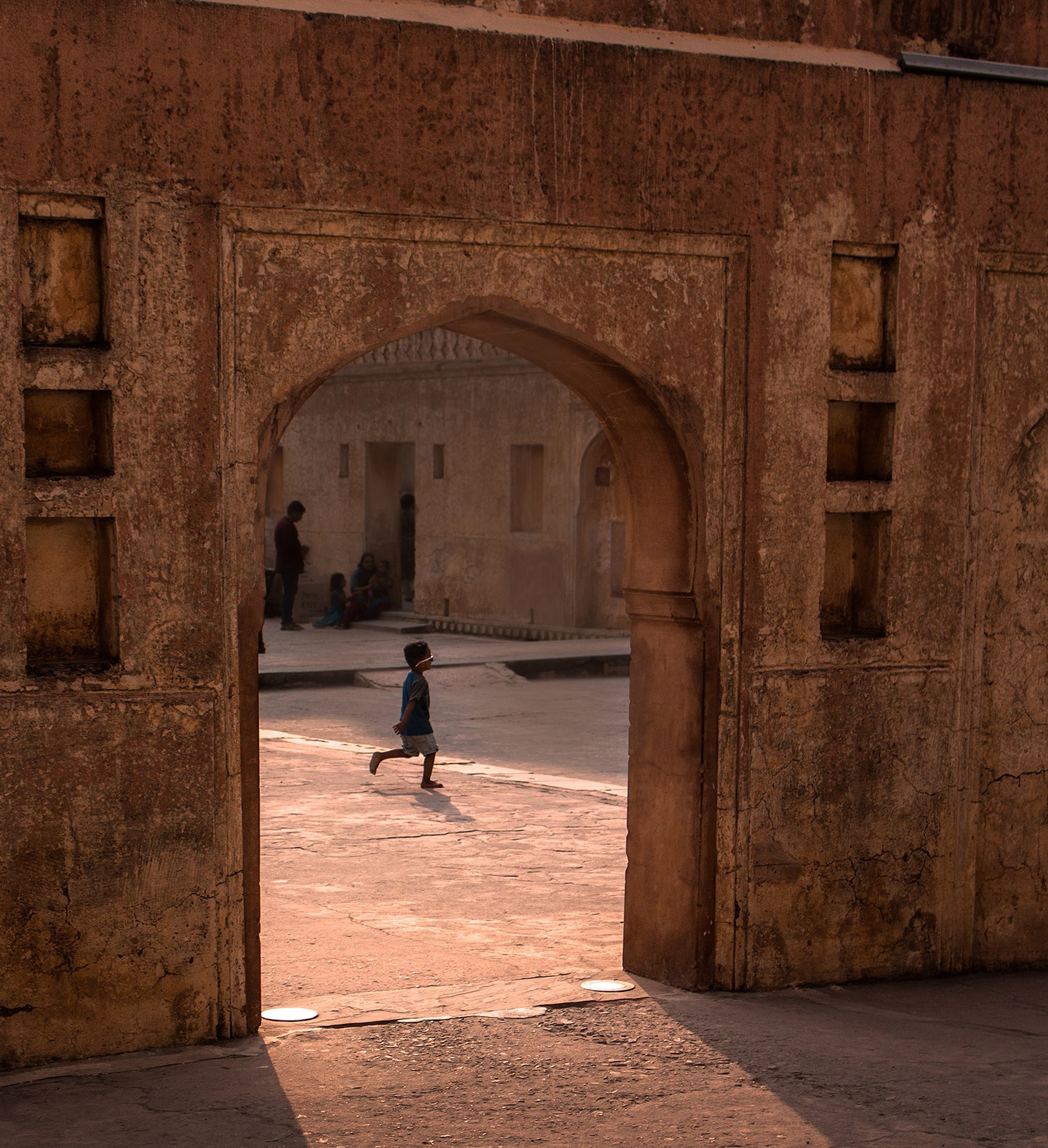
Other findings include:
The Nepal Country Overview also showcased research explaining that social norms deem girls and women as a ‘burden’ on the family. And in times of crisis, desperate families can marry off dependent girls as a way of coping with economic hardship.

